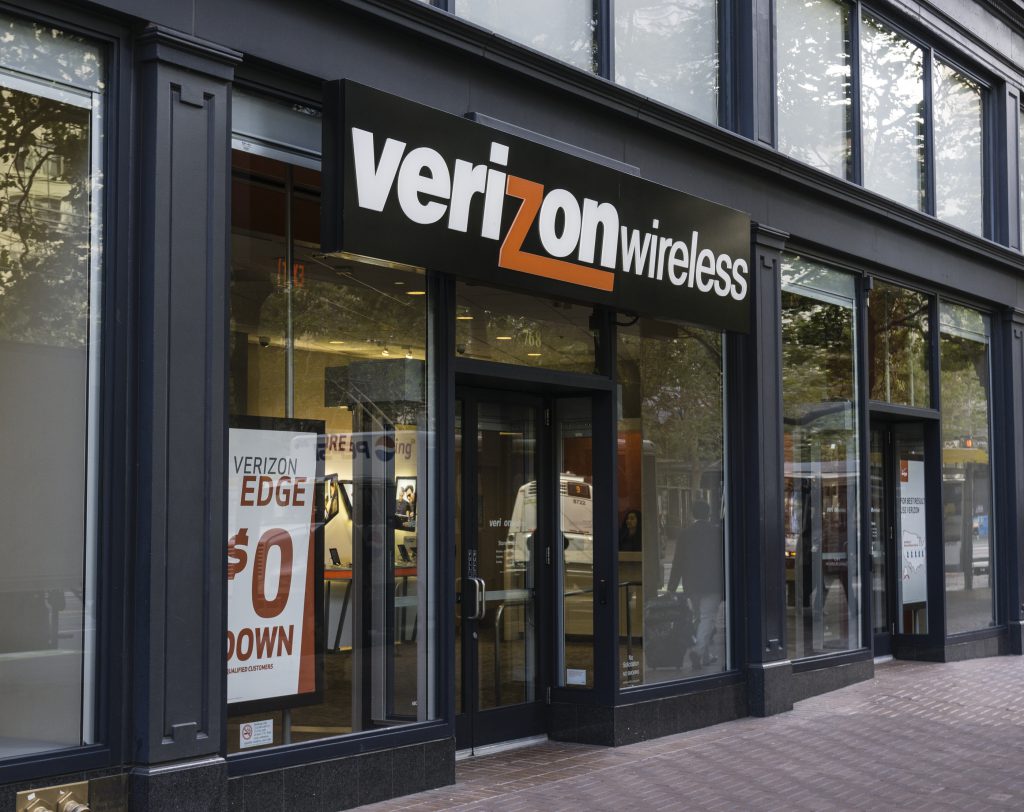According to a complaint filed in District of Columbia District Court on Wednesday by an anonymous plaintiff, the United States House of Representatives Select Committee to Investigate the January 6th Attack on the United States Capitol (Select Committee) and Verizon Communications Inc. have no right to access the plaintiff’s phone records.
The lawsuit retraces the events leading up to the creation of the Select Committee, starting with the “well-known episode,” when on Jan. 6, 2021, protestors “entered the United States Capitol, breached security, and disrupted the counting of the Electoral College votes.” In connection with this incident, the complaint reported that the U.S. Department of Justice has arrested and charged more than 725 individuals.
Subsequently, the U.S. House of Representatives passed a resolution creating the Select Committee and giving it certain powers. The goals of the committee include to investigate and report on the facts and causes giving rise to the “domestic terrorist attack,” examine and evaluate evidence, and build upon the investigations of other agencies. One ultimate function of the committee is to return a report to the House with findings, conclusions, and recommendations, the complaint says.
The resolution also imbues the Select Committee with subpoena power. On Dec. 15, 2021 it reportedly issued a subpoena directing defendant Verizon to “produce subscriber information and cell phone data associated with Plaintiff’s personal cell phone.” This includes all calls, text messages, and other subscriber account information from Nov. 1, 2020 to Jan. 31, 2021, the filing specifies.
The complaint contends that the committee, which is not a party to the lawsuit, has overreached. Specifically, the plaintiff argues that it has not shown the requisite “valid legislative purpose” justifying its need for the subpoena of the target’s private information. “[T]he Select Committee cannot establish sufficient jurisdictional pertinence justifying the breadth of the Verizon subpoena’s demand for private citizen data. It has not, because it can not,” the complaint contends.
The filing states three claims for declaratory and injunctive relief. Ultimately, it seeks a judicial order declaring the subpoena ultra vires, unlawful, and unenforceable and barring Verizon from handing over the information.
The plaintiff is represented by Brand Woodward, Attorneys at Law.
